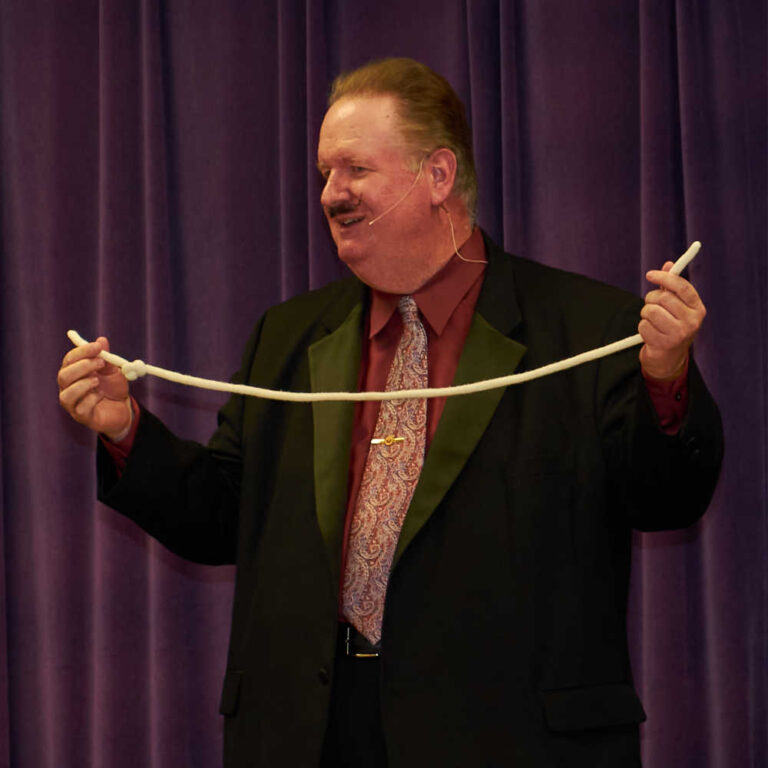Nothing Is Routine: A Leadership Insight from Dr. Donald Zacharias

“Nothing is routine when dealing with the lives of other people.” Dr. Donald W. Zacharias (1935-2013) President Emeritus, Mississippi State University Dr. Donald Zacharias was the president of my alma mater, Mississippi State University, during my student years. He was a model of effective leadership, masterful communication, and committed relationship-building. He died early on March […]


